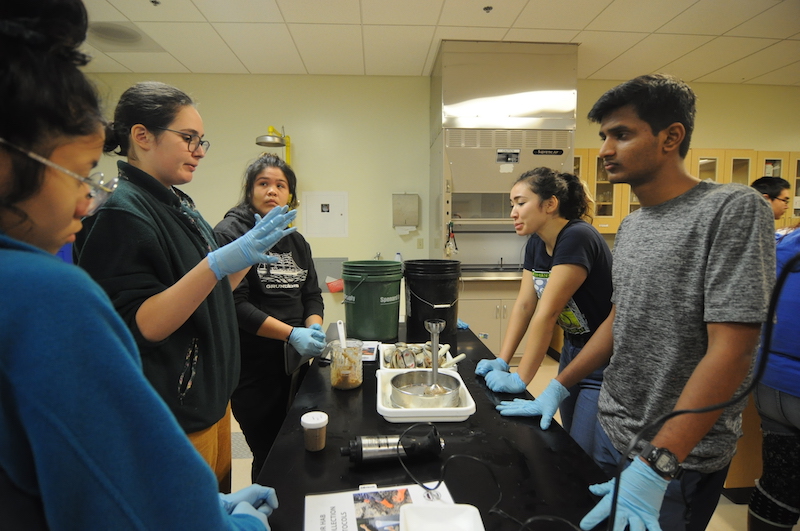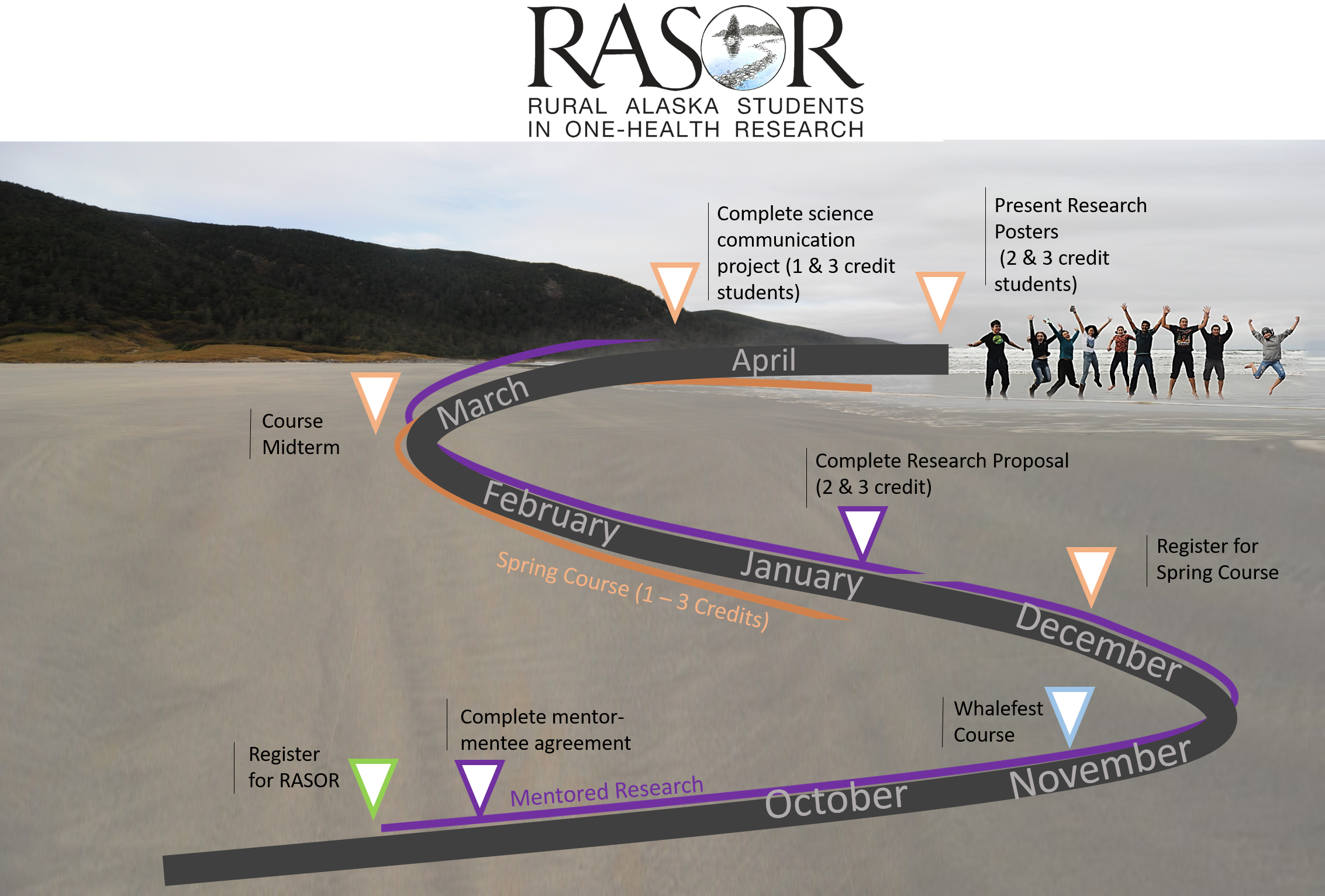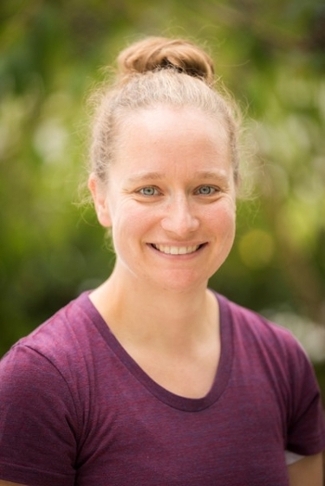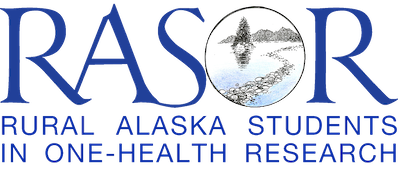RASOR
Rural Alaska Students in One-Health Research
Launching researchers on home shores through mentorship and college prep in rural Southeast Alaska.
Program Overview
We want to be a student's first positive experience with college science.
The program connects students with each other, teaches them about the connections between environmental and human health, and mentors them in conducting their own research projects with community mentors. Students may choose to participate in the RASOR program because they are interested or curious about the following activities:
- Doing collaborative research in their environment
- Participating in hands-on science
- Learning about college or getting a head start
- Connecting with students from other rural towns with similar interests
- Science as a career
The RASOR Program operates on the traditional lands and waters of Tlingit, Haida and Tsimshian peoples in partnership with local tribal organizations.
Who can be a RASOR student?
We welcome high school students from rural Southeast Alaska communities. We particularly encourage students from Metlakatla, Kake, Yakutat, Hoonah, Klawock, Hydaburg, Sitka, or Craig to join the RASOR Program. There are course options for 9th-12th grade students.
What is the cost?
$25 per credit with options to take 1–4 credits per student per year. Some students may qualify for external assistance.
Learn with a cohort of other students with a flexible schedule
The RASOR program has worked with students from Hoonah, Wrangell, Metlakatla, Yakutat, Gustavus, Sitka, Craig, Petersburg, Kake, and Kasaan as well as Mt. Edgecumbe students. Students and mentors coordinate meetings according to their schedules.

Earn college credits
Students will learn skills for college success and receive personalized advising to develop their interests and achieve their goals.
In addition, students will earn college credits through the University of Alaska Southeast. During the fall, students travel to take BIOL 175 Current Topics in Marine Research (1 credit) while attending a One Health Explorations event. During the spring they will take BIOL 101 Introduction to Biological Research Techniques (1-3 credits) online in their home communities while doing research with local tribal mentors.

Engage in community-based research and present your results
Tribal environmental staff in each community will mentor students through authentic research projects related to the safety of subsistence foods in their community. Students will learn to present scientific findings in an effective and professional way to both members of their community and other researchers.

You Could Be Part of Our Next Group of RASOR Students!
High School Students, be a yearlong (2025-2026) RASOR student (10th - 12th grade)

Help us get to know you
Fill out our interest form or email ua-rasor@alaska.edu for more information
Funding Support
RASOR is supported by the National Institutes of Health, through a 5-year Science Education Partnership Award (SEPA) from the National Institute of General Medical Sciences (NIGMS) at the National Institutes of Health (NIH) under award number R25GM129838-01A1. The content is solely the responsibility of the authors and does not necessarily represent the official views of the NIH (National Institutes of Health).
Interested?
Interested in learning more about participating in the RASOR Program? Fill out this form to let us know a little about you and start planning ahead!
Program Contact


